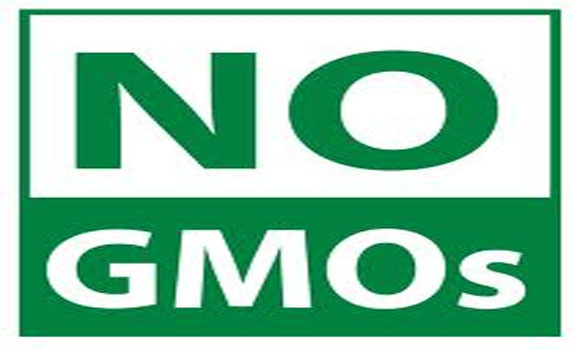Avoiding genetically modified foods can seem like a difficult task. But with some research and a commitment to becoming GMO free, you can soon be eating a diet free of GMOs.
You must become familiar with the most common applications of genetic modification. When you areshopping for foods, follow these rules and you will be sure to eliminate the majority of GMO foods.

Buy food labeled 100% organic -
The US and Canadian governments do not allow manufacturers to label something 100% organic if that foodhas been genetically modified or been fed genetically modified feed. You may find that organic food is more expensive and different in appearance from conventional products.
Trusted Organic Certification institutions include QAI, Oregon Tilth, and CCOF. Look for their mark of approval on the label of the product.USDA Organic standards pale in comparison , do not consider a product 100% organic if it is only USDA Organic Certified.
Recognize fruit and vegetable label numbers. If it is a 4-digit number, the food is conventionally produced. If it is a 5-digit number beginning with an 8, it is GM. However, do not trust that GE foods will have a PLU identifying it as such, because PLU labeling is optional. [4] If it is a 5-digit number beginning with a 9, it is organic.
Purchase beef that is 100% grass-fed -
Most cattle in the U.S. are grass-fed, but spend the last portion of their lives in feedlots where they may be given GM corn, the purpose of which is to increase intramuscular fat and marbling. If you’re looking to stayaway from GM0s, make sure the cattle were 100% grass-fed or pasture-fed (sometimes referred to as grass-finished or pasture-finished). The same applies to meat from other herbivores such as sheep. There is also the slight possibility that the animals were fed GM alfalfa, although this is less likely if you buy meat locally. With non-ruminants like pigs and poultry that cannot be 100% grass-fed, it’s better to look for meat that is 100% organic.
Seek products that are specifically labeled as non-GM or GMO-free -
However, it is rare to find products labeled as such. You can also research websites that list companies and foods that do not use genetically modified foods, [6], but be aware that information is often incomplete and conflicting interests may not be declared.
Shop locally -
Although more than half of all GM foods are produced in the US,[7] most of it comes from large, industrial farms. By shopping at farmers’ markets, signing up for a subscription from a local Community Supported Agriculture (CSA) farm, or patronizing a local co-op, you may be able to avoid GM products and possibly save money at the same time.
Grow your own food -
This way you know exactly what was grown, and what went into growing it. Use Organic/Heirloom non-gmo seeds.
Source: undergroundhealth
'Reference about Freemason in Eng' 카테고리의 다른 글
| McCain Sneaks Across Syria Border, Joins Al-Qaeda (0) | 2013.05.29 |
|---|---|
| A Warning For Financial Markets, From A Bridge Collapse (0) | 2013.05.29 |
| The Zionists’ Fictional Rendering of UN Resolution 242 (0) | 2013.05.29 |
| Israel supplies Gaza hospitals with killer gas (0) | 2013.05.29 |
| WW3: Israel Threatens to Strike Russian Arms Shipments to Assad Regime (0) | 2013.05.29 |